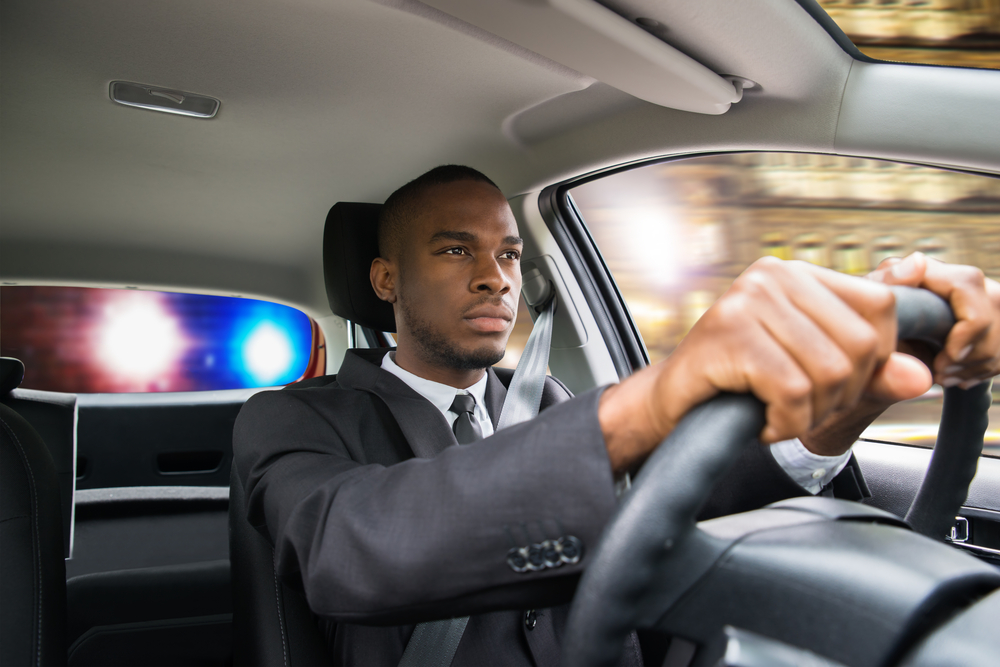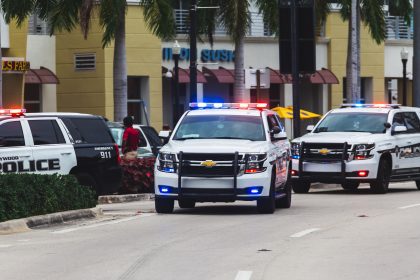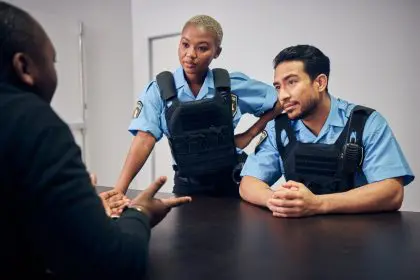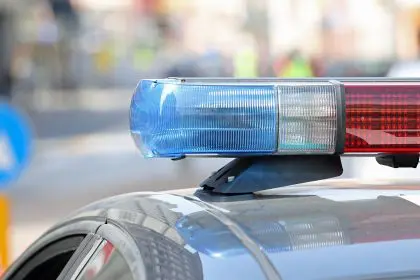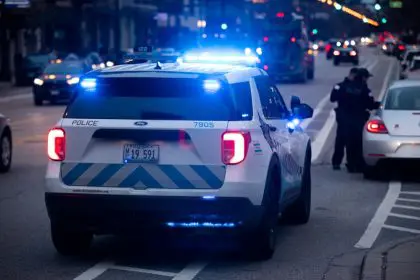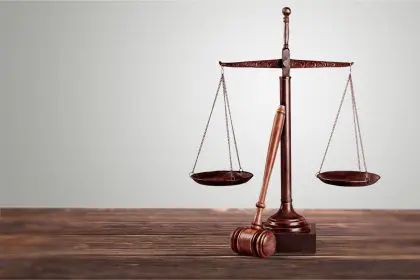Getting pulled over by the police can be a stressful and anxiety-inducing experience, regardless of whether it’s your first time or you’ve been through it before. In these situations, it’s essential to know the right steps to take to ensure your safety and the safety of everyone involved. Your response in those first few moments can set the tone for the interaction, making it crucial to be calm, prepared, and aware of your rights.
Stay calm and pull over safely
When you see the flashing lights behind you, your first instinct might be to panic. It’s normal to feel a surge of adrenaline, but staying calm is the most important thing you can do. Take a deep breath and focus on pulling over safely. Signal your intention to pull over by using your turn signal, and choose a safe spot for both you and the officer, such as a well-lit area or the side of the road where there is less traffic. Stopping abruptly or in an unsafe location can escalate the situation unnecessarily.
Once you’ve pulled over, turn off your engine, roll down your window, and keep your hands visible on the steering wheel. This shows the officer that you are cooperative and not a threat, which can help de-escalate any tension.
Gather your documents
The next step is to gather your documents. The officer will likely ask for your driver’s license, registration, and proof of insurance. It’s a good idea to know exactly where these items are in your vehicle so you can retrieve them quickly and without fumbling. If you need to reach for them, inform the officer of your intentions beforehand. For example, you can say, “My license is in my wallet in the center console,” before reaching for it. This simple communication can help the officer feel more at ease and reduce the likelihood of misunderstanding.
Having your documents ready shows that you are prepared and helps the stop-go more smoothly, potentially reducing the time you spend on the side of the road.
Be respectful and cooperative
Respect and cooperation are key when interacting with law enforcement. When the officer approaches your vehicle, it’s important to be polite and follow their instructions. Address the officer with respect, using “sir” or “ma’am,” and avoid raising your voice or making sudden movements. While it’s natural to feel defensive, maintaining a respectful demeanor can significantly influence the outcome of the stop.
Remember that the officer is doing their job, and your cooperation can help ensure that the encounter remains professional. Even if you believe you’ve been pulled over unfairly, it’s better to address any grievances later, through proper legal channels, rather than during the stop.
Know your rights
Understanding your rights during a traffic stop is crucial. You have the right to remain silent beyond providing your basic identification details, and you are not required to consent to a search of your vehicle without a warrant or probable cause. However, it’s important to assert your rights calmly and clearly. For example, if the officer asks to search your car and you do not wish to consent, you can politely say, “I do not consent to a search.”
Knowing your rights helps you protect yourself legally and ensures that you are treated fairly. However, balancing asserting your rights with staying calm and respectful is important, as being confrontational can escalate the situation.
Keep the interaction short and simple
Finally, keeping the interaction as short and straightforward as possible is essential. Answer the officer’s questions honestly but briefly, and avoid volunteering unnecessary information. The goal is to comply with the officer’s requests, provide the required documentation, and be on your way.
If the officer issues a ticket or warning, accept it without argument. If you disagree with the citation, you can contest it in court later, where you can present your side of the story. Arguing on the side of the road is unlikely to change the officer’s mind and can lead to additional charges or complications.
Conclusion: Being prepared can make all the difference
Being pulled over by the police is never a pleasant experience, but knowing what to do in those critical first moments can make a significant difference in how the encounter unfolds. By staying calm, gathering your documents, being respectful, knowing your rights, and keeping the interaction simple, you can help ensure your safety and protect your legal rights.
Remember, each step is about being prepared and maintaining control over the situation. Whether or not you’ve done anything wrong, how you handle the encounter can impact the outcome. You can navigate the situation with confidence and composure by following these guidelines.
In today’s climate, it’s more important than ever to be aware of how to interact with law enforcement. While most officers are there to protect and serve, misunderstandings and escalations can happen. Preparing yourself with the knowledge of what to do if you get pulled over can help you remain safe and secure, ensuring that your rights are respected while fostering a peaceful resolution to the encounter.
By taking these steps, you are not only safeguarding yourself but also contributing to a more positive interaction with law enforcement, one that can potentially set an example for others to follow. Your actions, when pulled over, speak volumes about your character and understanding of the law, making it vital to be informed and prepared.
This story was created using AI technology.

